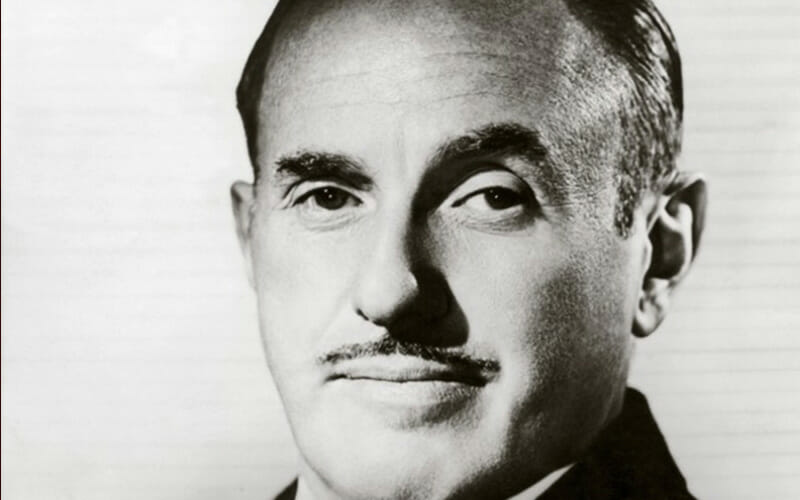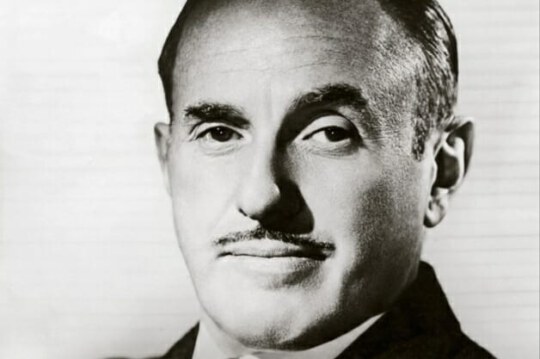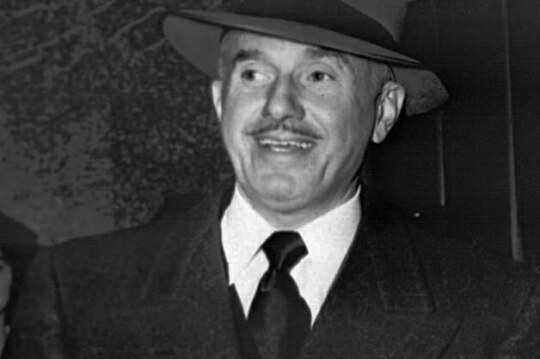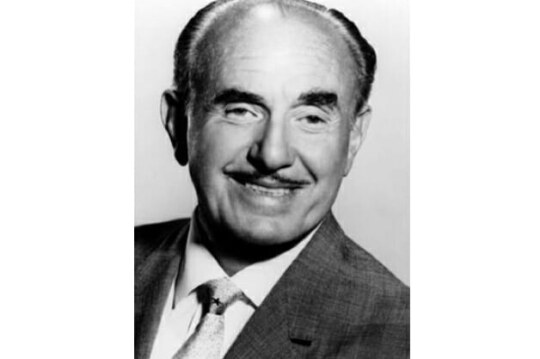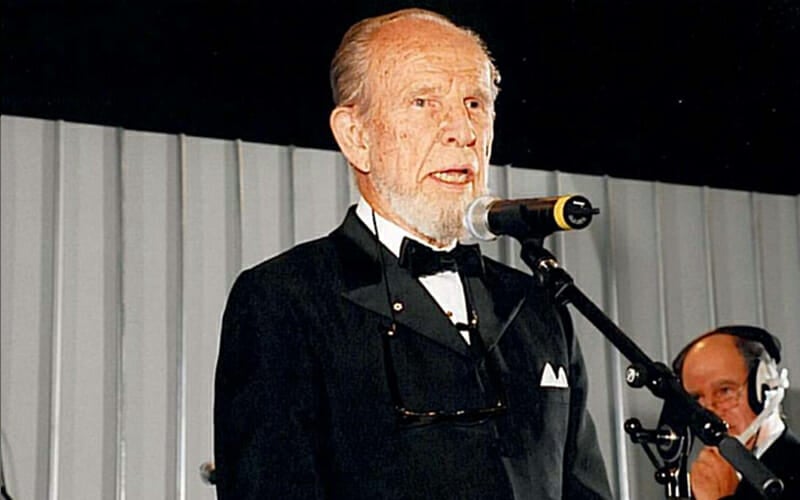Born in London Ontario, the youngest of 12 children of Polish immigrants, Jack Warner went on to become one the most famous and influential Hollywood executives and producers of his era. After a childhood spent travelling around Canada and the U.S. with his family, Warner’s connection with films began when the family gambled their meagre resources on buying a nickelodeon in Newcastle, Pennsylvania in 1903.
In 1905, four of the Warner brothers – Harry, Albert, Sam and Jack – ventured into film distribution, and eventually into actual film production. They went on to establish one of Hollywood’s major studios, which they named Warner Bros.
In 1927, they launched the sound era with The Jazz Singer. The studio developed a strong reputation during the 1930s with its gangster films, starring discovery James Cagney, and later Humphrey Bogart – and dazzling musicals, such as 42nd Street. By the middle and late 1930s, it had an envious star roster that included Errol Flynn, Bogart, Cagney, Bette Davis, John Garfield, powerhouse producer Hal Wallis, and a directorial staff led by Michael Curtiz and John Huston – capable of handling virtually any type of film.
Warner kept his share in the studio for many years and was still making deals well into the 1950s. As late as 1972, he was active as an independent producer.

